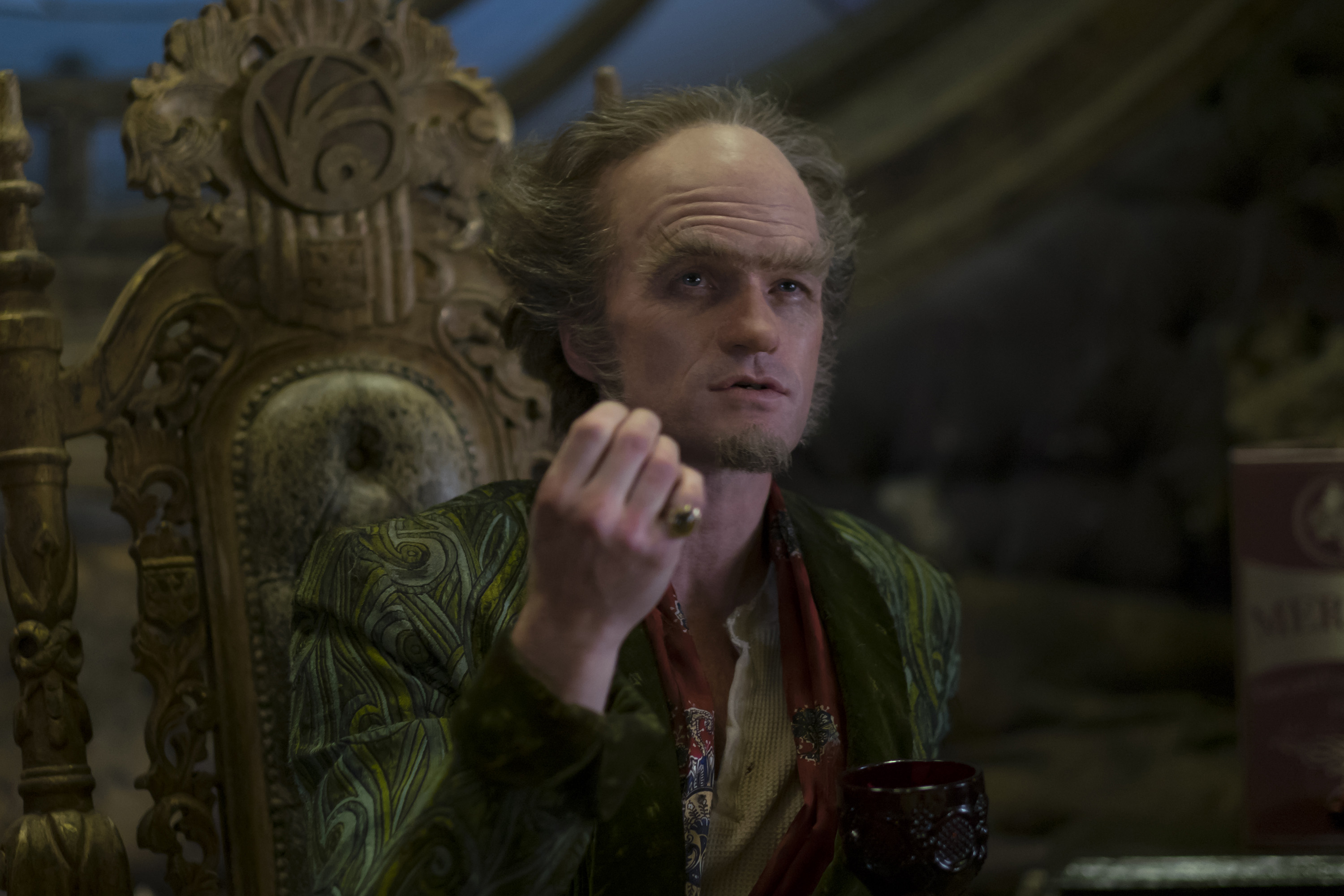Cheyenne Cole
A&E Editor
@cheyenneccole
Netflix released its highly anticipated adaptation of Lemony Snicket’s “A Series of Unfortunate Events” on Jan. 13.
The show is a rendition of Daniel Handler’s 13-book series that originally released in the late ‘90s and continued through the mid 2000s.
Since most of the children who read the books in their original run are now adults, Netflix seized a perfect opportunity to capitalize on the “nostalgia-marketing” that supposedly works so well with millennials.
Spoilers ahead for those who have not read or seen “Series.”
Snicket (Patrick Warburton) serves as the narrator for the books, which follow the three Baudelaire orphans – Violet, Klaus and Sunny – as they make their way through the treacherous world without their recently-deceased parents who died in a fire.
The driving force of the story is their struggle against the evil Count Olaf (Neil Patrick Harris), an enthusiastic herpetologist and a paranoid widow who is constantly out to steal the orphans’ fortune.
The flaw in Olaf’s plan, however, is that the Baudelaires are not average orphans. Each one has a unique skill they use to outwit the Count and his minions at every turn.
Violet, the eldest, solves problems by making inventions out of scratch. Klaus, the middle child, retains every book he reads. Sunny, the baby, can chew through anything with her sharp teeth.
Season one covers the first four novels with eight episodes, two dedicated for each book. It features the Baudelaire orphans bouncing between three guardians, including Olaf.
There’s also an intriguing mystery within the show involving a secret society that the Baudelaire’s parents, Olaf and every guardian the children are sent to were once a part of.
Meanwhile, a man named Mr. Poe is in charge of the Baudelaire children and their fortune.
He sends them to their designated guardians but is almost hilariously detached and never realizes the orphans are in trouble until they are in immediate danger.
But no matter where the Baudelaires go, Olaf follows them, often in ridiculous disguises that fool everyone except the children.
Throughout the season, the audience sees a subplot about two parents trying to make it back to their children. There is an air of presumption that they are the Baudelaires’ parents, having never died in that fire.
The Netflix series mostly stays true to the books. The biggest problem with the show, though, is Harris’ comical portrayal of Olaf, who should be dauntingly terrifying.
While Harris has proven his acting abilities in other roles, such as the lovable Barney on “How I Met Your Mother,” his lighter approach to the Count does not work.
There are certain times when it does pan out, like when Olaf is disguised as Stephano in “The Reptile Room.”
Overall, though, Harris cannot quite hit the mark. His presence makes the atmosphere less tense, and he makes it difficult to ever really feel scared for the Baudelaires.
It is possible that Harris is not at fault, falling victim to the director’s decisions. Still, it seems that with the right actor, the show could have excelled.
In contrast, the show did nail the narration. Patrick Warburton’s deep, morose voice brings life to Snicket’s voiceovers, persistently warning the audience to stop watching. The way he pops up at any point to add to the story with amusing quips is a plus.
The show’s saving grace is its guest stars. Of note are Joan Cusack as the sweet Justice Strauss in “The Bad Beginning” and Alfre Woodard, playing Aunt Josephine in “The Wide Window.”
The wonderful set and production design is one more reason to watch the show.
Netflix renewed the series for a ten-episode second season, which will adapt books five through nine.
Handler, who is closely involved with the making of the series, hopes that Netflix will also quickly renew the series for a third season “given how quickly young actors age and change.”

